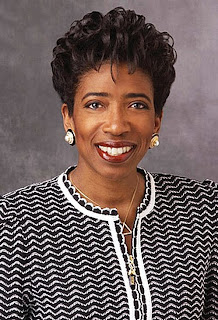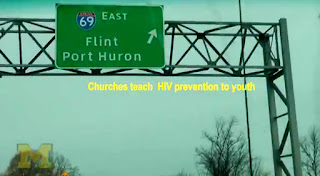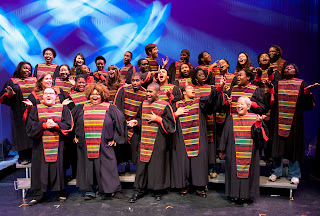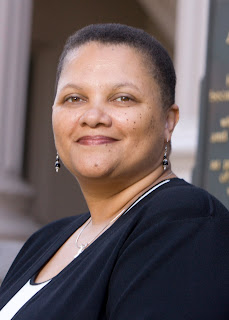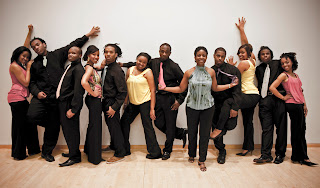For decades, Delphin has worked to bridge cultural and racial gaps through multicultural education, harmony and cooperation.
“Terrel Delphin is a person worthy of great respect and admiration,” said Northwestern President Dr. Randall J. Webb. “I first came to know him and his lovely wife Lillie when he spearheaded an effort to obtain approval by both Boards of Supervisors and Regents for the establishment of the Creole Heritage Center on the campus of Northwestern State University. I have since come to appreciate his additional efforts on behalf of our community and region, including his role as assistant director of the Office of Emergency Preparedness under Sheriff Victor Jones. I am pleased that the Board of Supervisors approved my recommendation to confer an honorary doctorate on this deserving gentleman.”
Delphin has been a leader in the “Creole renaissance,” helping Creole language-based communities preserve their language and recognition of their cultural heritage. He has worked with communities in California, Texas, Illinois, Nevada and Alaska. In 1997, Delphin, along with representatives from 20 communities in Louisiana, made an impassioned presentation to establish a Creole Heritage Center at Northwestern. The proposal was approved and the Center serves as a valuable resource for people around the United States and the world. Delphin was chairman of the board of the Creole Heritage Center and is now honorary chairman.
Delphin served in the U.S. Army then returned home. He briefly worked in Chicago before returning home when he was asked by Sheriff Sam James to serve as one of the first non-white police officers in Natchitoches Parish.
Delphin’s law enforcement experience led to a 25-year career with the Louisiana Department of Agriculture. He served as head of the State Brands Office and the program director for the state of Louisiana, the only minority in the United States to hold such a position. He later became assistant commissioner of agriculture.
In 2005, he became assistant director of the Natchitoches Parish Office of Emergency Planning and Homeland Security. Delphin had an instrumental role as the office assisted Louisiana residents affected by Hurricanes Katrina and Rita.
The City of Natchitoches declared March 29, 1997, as Terrel Delphin Day in honor of his contributions to racial and multicultural harmony. Delphin received the Creole Center’s Historic Preservation Award in 1999 and 2003. The Natchitoches Police Jury presented him with the People’s Involvement Award for his work in Creole heritage preservation in 2006.
Contact: David West (west@nsula.edu) News Bureau Northwestern State University Natchitoches, LA 71497 (318) 357-6466














